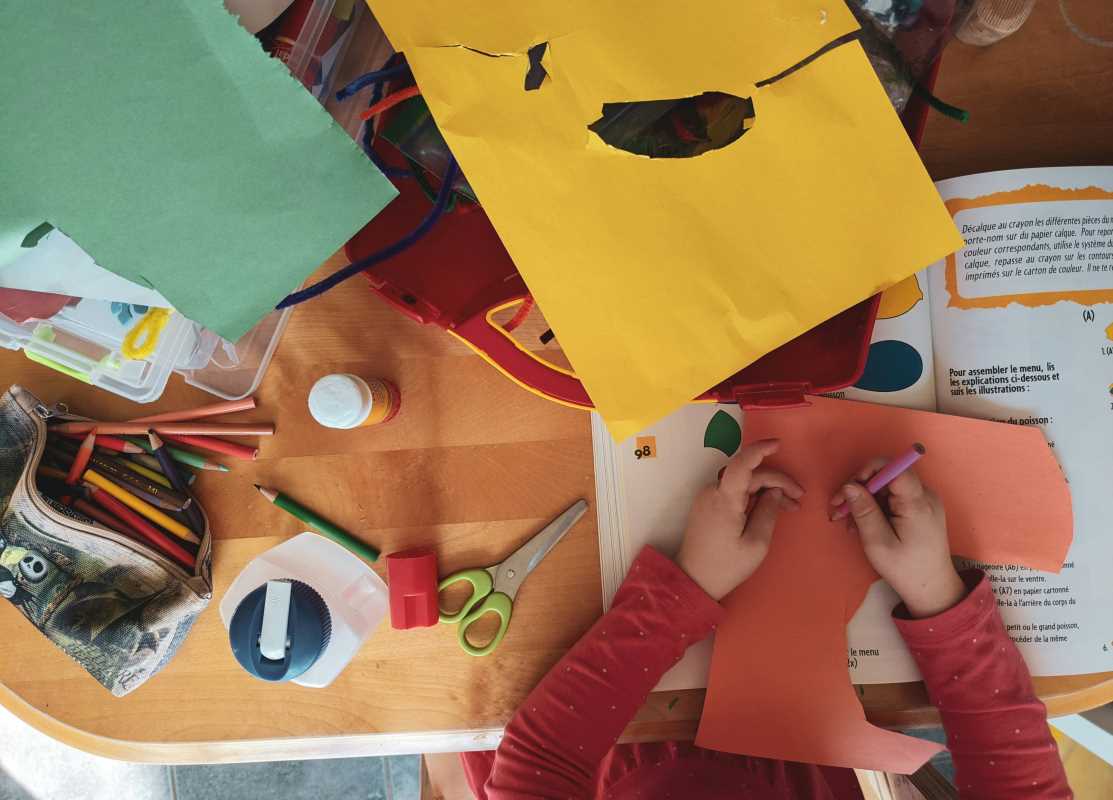Family conflicts can be inevitable, but knowing how to resolve them peacefully can strengthen relationships and foster harmony within the household. Here are some effective strategies for managing and resolving family disputes in a peaceful manner.
Communication
Communication is key in resolving family conflicts. Ensuring that each member feels heard and understood can help prevent misunderstandings and simmering tensions. Encourage open dialogues, active listening, and expressing emotions constructively. Fact: Studies show that families who communicate openly and respectfully have healthier relationships and resolve conflicts more effectively.
Setting Boundaries
Setting boundaries is crucial in maintaining healthy family dynamics. Establishing clear boundaries can help prevent conflicts from escalating and protect individual rights and needs. Respect each other's personal space, opinions, and decisions to create a harmonious environment where everyone feels valued and respected. This can promote a sense of understanding and empathy within the family.
Practicing Empathy
Practice empathy and understanding towards one another. Putting yourself in the other person's shoes can help you see conflicts from their perspective and find common ground for resolution. Acknowledge each other's feelings, concerns, and viewpoints without judgment. This can create a sense of unity and collaboration in finding mutually beneficial solutions to family conflicts. Fact: Empathy is a powerful tool that can enhance relationships and promote mutual respect within families.
Seek Compromise
Seek compromise and find win-win solutions to family conflicts. Instead of focusing on who is right or wrong, work together to find solutions that benefit everyone involved. Brainstorming ideas, considering different perspectives, and finding common ground can lead to effective compromises that address the needs and concerns of each family member. This can foster a sense of cooperation and teamwork within the family.
Patience
Practice patience and understanding during conflicts. Emotions can run high during family disputes, but maintaining a calm demeanor and avoiding reactive behavior can prevent conflicts from escalating. Take a moment to breathe, collect your thoughts, and approach the situation with a clear and rational mindset. This can help de-escalate tensions and promote productive communication for resolving conflicts peacefully.
Seek Help
Seek outside help when needed. If family conflicts persist or become too difficult to resolve internally, consider seeking the support of a family counselor or therapist. Professional guidance can provide valuable insights, communication tools, and strategies for navigating complex family dynamics and resolving conflicts effectively. Fact: Family therapy has been proven to be effective in helping families improve communication, resolve conflicts, and strengthen relationships.
In conclusion, resolving family conflicts peacefully requires open communication, mutual respect, empathy, compromise, patience, and, when necessary, seeking outside help. By implementing these strategies, families can navigate disputes in a healthy and constructive manner, leading to stronger relationships, increased understanding, and a more harmonious household.
 (Image via
(Image via





